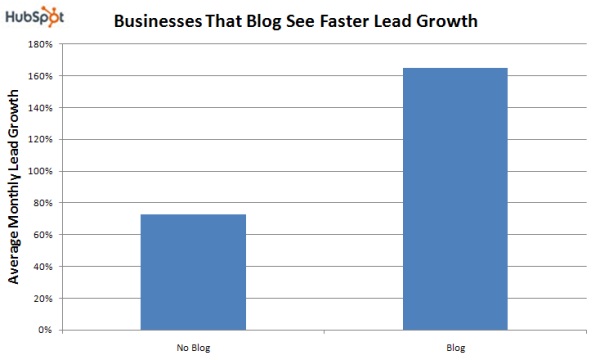The appeal of social media is strong. According to Econsultancy, social media and blogs are the 4th most popular online activities, even beating out email. The mystery of social media is almost as great as it’s appeal, however.
There are a lot of social media terms thrown around these days, and sorting through all of the jargon can be tough. First, let’s differentiate between the “big three” social networks.

Facebook logo
Facebook is a social network site that connects friends, family, and businesses. People can share updated statuses, pictures, personal information, links, and more. With more than 250 million users in the world, 120 million of which log on daily, there is a large market to reach here.

Twitter logo
Twitter is another social network/micro-blog that allows users to to send and read messages (or “tweets”). Tweets can be up to 140 characters, and they are shared on your personal page and distributed to people who choose to “follow” you. In the last year, Twitter’s growth rate surpassed 1,000%. The potential here to reach customers is huge.

Wordpress logo
WordPress is a personal publishing platform that works as a blogging service and as a web hosting service that is run on PHP code and a SQL data backend. Confused? WordPress.com offers a free blog hosting service that requires no PHP code knowledge and a user friendly interface that allows easy updating, customization, and built in widgets to add to your blog. 77% of internet users actively follow and read blogs, so this platform also provides great opportunity to reach and engage potential customers. WordPress isn’t the only blog hosting application out there; there is also Blogger, Vox, and more.
Now that we’ve covered some basics, let’s go into more depth…
+ Continue Reading






